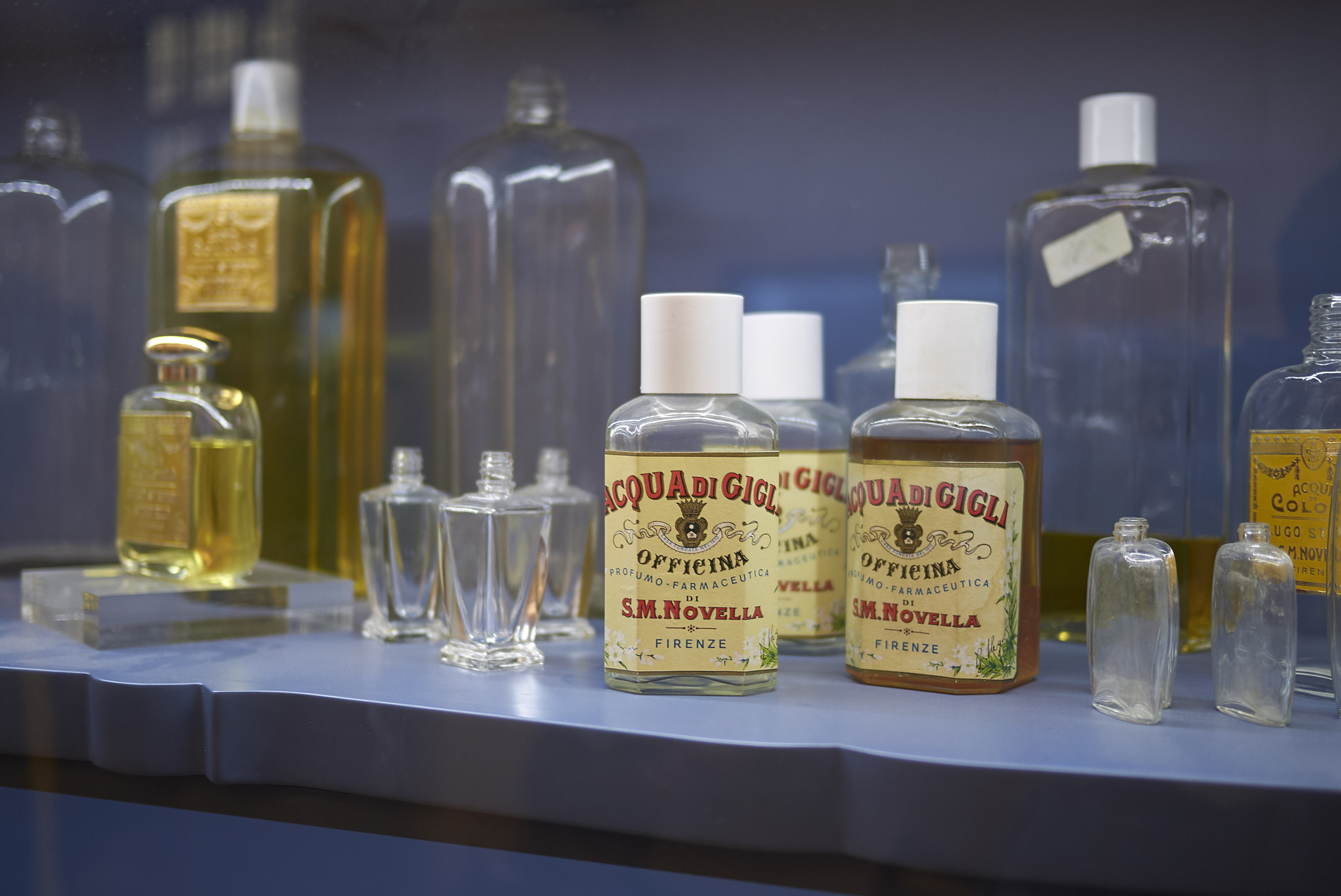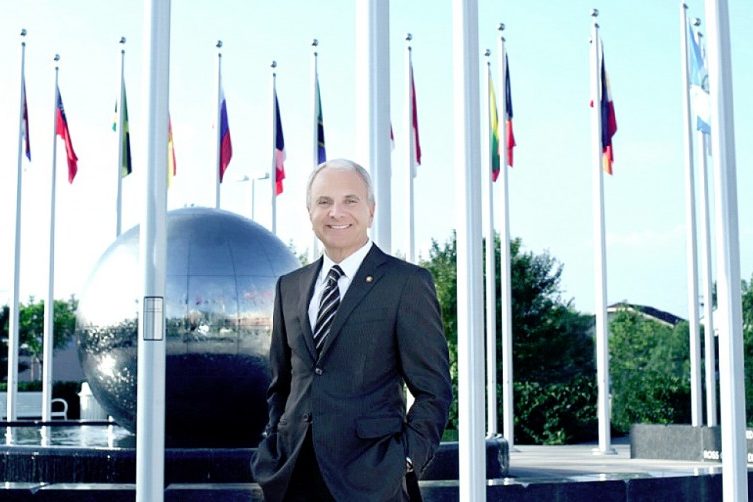It may be because it sounds like music or because it is the language of one of the most influential literatures in human history, but Italian has been found to be the 4th most studied language in the world in 2014, following English, French, and Spanish.
This significant result is something that the Italian government, as well as the institutions committed to promoting Dante’s language at home and abroad, must not only take pride in but also work hard to confirm in the future.
To this end, on October 21-22 the Palazzo Vecchio and the Teatro Della Pergola in Florence hosted the Italian Language in the World States General. Conceived by the Ministry of Foreign Affairs and International Cooperation, in collaboration with the Ministry for Education, Universities and Research and the Ministry of Cultural Heritage, Activities and Tourism, the initiative aims at analyzing both the current situation and future opportunities to disseminate the knowledge of the Italian language and culture.
Many actors took part in the discussion, including schools and universities, scholars and researchers, language teachers and lecturers, lawmakers, and representatives of Italian Embassies, Consulates, and Cultural Institutes abroad.
In particular, the Italian diplomatic network was also involved in the implementation of the 14th Italian Language in the World Week, taking place October 20 through 25. Established in 2001, it usually includes a rich program of lectures, conferences, exhibitions, and other cultural activities in over 100 different countries. In consideration of Italy’s presidency of the Council of the European Union, this year’s theme was “Writing the New Europe: Italian Publishing, Authors and Readers in the Digital Era.”
The Italian Language in the World States General were presented by Mario Giro, undersecretary of the Ministry of Foreign Affairs and International Cooperation, Nicoletta Mantovani, cultural councilmember of the city of Florence, and Gabriele Lavia, artistic director of the Teatro della Pergola.
As Mario Giro underlined, about 250 million people in the world speak Italian and are connected to the Italian culture, mainly thanks to our appealing lifestyle. Therefore, one of the main goals of this initiative is to raise public awareness of the fact that our language represents a crucial asset in the globalized world.
Possible developments in the field of language promotion were investigated on the basis of contributions, provided by 5 working groups composed of leading members from institutional, academic, and scientific bodies, collected throughout the Spring and Summer 2014, as well as inputs from the web community.
Among the discussion topics were the new challenges and instruments relating to language promotion, and priority countries and universities to address. The outcomes of the States General will inspire communication and language-related policies in the years to come.
The two-day meeting in Florence was accompanied by public events organized by the city of Florence – the cradle of the Italian language, as Nicoletta Mantovani reminded – featuring opera, literature and prose, cinema, and a concert of famous film scores by Italian composers.
The Italian Language in the World States General is part of the government’s broader effort to promote the image of Italy worldwide in this as well as in many other strategic sectors like tourism and manufacturing.





























